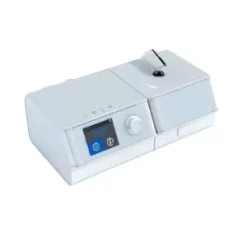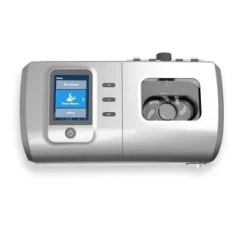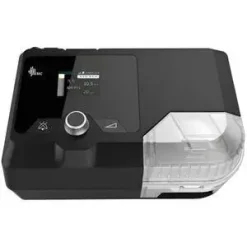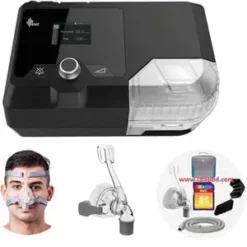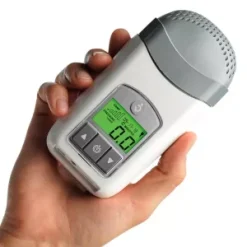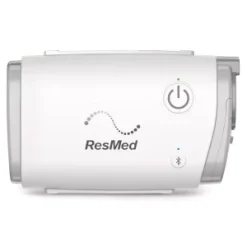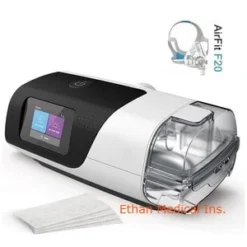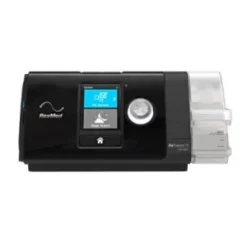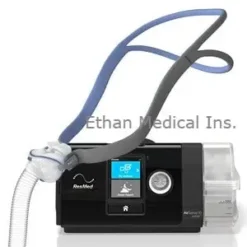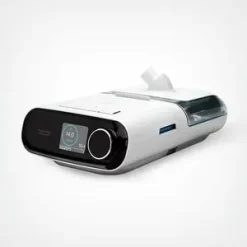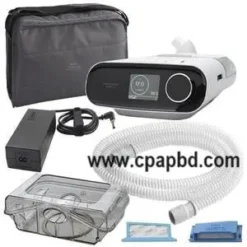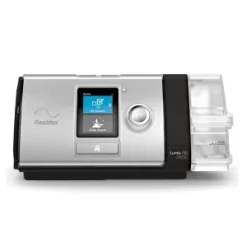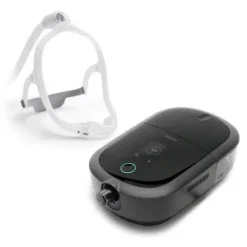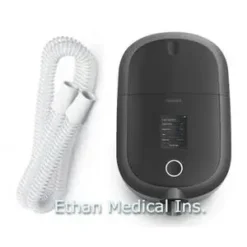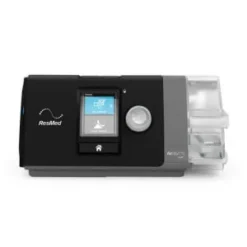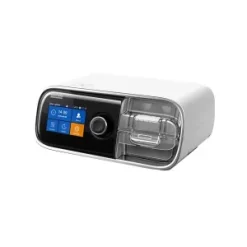Obstructive Sleep Apnea Treatment
Obstructive Sleep Apnea (OSA) is a common yet serious sleep disorder that disrupts breathing during sleep. Effective Obstructive Sleep Apnea Treatment is crucial for managing this condition. Essentially, it happens when the throat muscles relax too much, causing the airway to become blocked. Consequently, this leads to interrupted sleep, loud snoring, and even more severe health issues, such as high blood pressure, heart problems, and constant fatigue.
Signs and Symptoms of OSA
To begin with, understanding the symptoms of OSA is essential for early detection. Here are some of the most common signs:
- Loud and frequent snoring
- Breathing pauses observed by a partner
- Gasping or choking during sleep
- Feeling excessively tired during the day
- Waking up with headaches
- Difficulty focusing or remembering things
If you notice any of these symptoms, it’s important to take action right away.
Diagnosing OSA
Next, if you suspect OSA, consulting a healthcare professional is the first step. Often, a sleep study—either at a clinic or in the comfort of your home—is required. This test collects data on your breathing, oxygen levels, and other vital signs while you sleep. Based on the results, your doctor can confirm the diagnosis and recommend appropriate treatment.
Treatment Options for Obstructive Sleep Apnea
Thankfully, there are several effective treatments for OSA. Here’s what you need to know:
- Continuous Positive Airway Pressure (CPAP) Therapy
Firstly, CPAP therapy is considered the gold standard for Obstructive Sleep Apnea Treatment. A CPAP machine provides a steady flow of air through a mask, ensuring that your airway remains open throughout the night. Modern CPAP machines are not only quieter but also designed for greater comfort, making them easier to use consistently. - Oral Appliances
Alternatively, for individuals with mild to moderate OSA, custom-fitted dental devices can be a great option. These appliances reposition the jaw or tongue, preventing the airway from collapsing. Moreover, they’re portable and often more comfortable for those who struggle with CPAP. - Lifestyle Changes
While medical treatments are effective, certain lifestyle changes can significantly improve OSA symptoms:- Weight Loss: Losing even a small amount of weight can reduce airway obstruction.
- Sleep Positioning: Sleeping on your side instead of your back helps keep the airway open.
- Avoid Alcohol and Sedatives: These substances relax throat muscles, making symptoms worse.
- Surgical Options
In some cases, when other treatments are ineffective, surgery may be recommended as part of Obstructive Sleep Apnea Treatment. Procedures can include removing excess tissue, repositioning the jaw, or even implanting devices to keep the airway open. However, surgery is usually considered a last resort. - Other Therapies
Additionally, positional therapy or nasal decongestants might help, depending on the severity and type of OSA.
Why Treating OSA is Critical
To sum up, treating OSA is vital for both your short- and long-term health. If left untreated, OSA can lead to severe complications, such as heart disease, stroke, and chronic exhaustion. More importantly, proper treatment restores energy, sharpens mental focus, and improves overall quality of life.
If you think you may have OSA, don’t delay. Take the first step by consulting a doctor or sleep specialist today. With the right plan, you can achieve better sleep and a healthier life.


